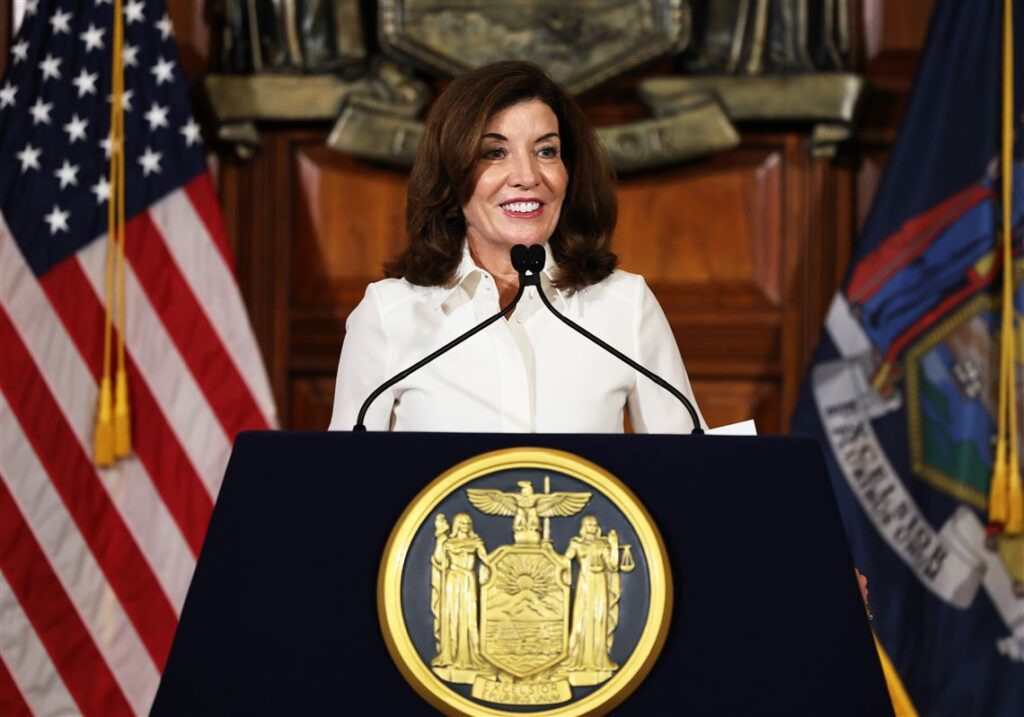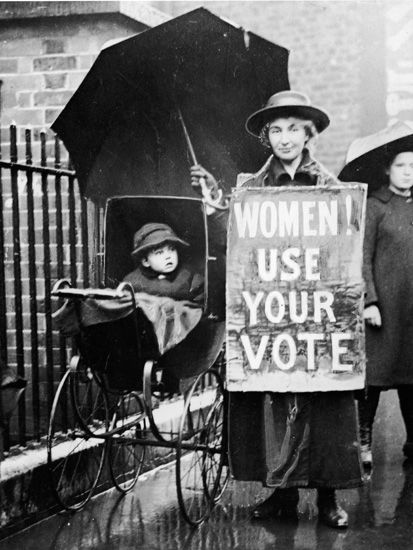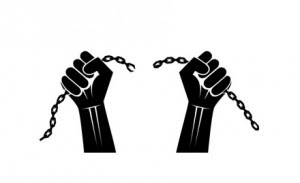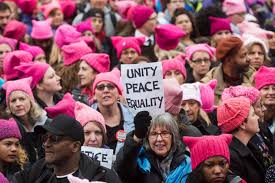Author Archives: Erika Jimenez
Erika Jimenez Midterm
Question 1: How do systems of privilege and oppression function in our society? How do we combat these systems?
The systems of privilege in our society lean towards the race or gender of a person. If you are a white male in this society you’re privileged to many things without asking or wanting to be. White privilege is an example of privilege. Men will not accept they are privileged and say it’s not on them that they’re privileged. In the article White Privilege: Unpacking the Invisible Knapsack by Peggy McInotsh it says “I have often noticed men’s willingness to grant that they are over-privileged, even though they may grant that women are disadvantaged.” Oppression exercises the power to undermine people in systems. Systems can either oppress people based on the group they identify themselves as. People will not be able to fit anywhere due to oppression. For example in the reading There Is No Hierarchy of Oppressions by Audre Lorde she talks about not being able to fit in any of the groups she identifies herself in. She feels like she cannot profit due to the oppression from the other side of her identity. She says “Within the lesbian community I am Black, and within the Black community I am a lesbian.” I feel like we can combat these systems by letting people be who they are no matter what gender, class, race or color they are. Liberation is the key. Privilege and oppression in these systems shouldn’t be over-privileged/over-oppressed.
Question 2: What is the concept of intersectionality and why is it important in women’s, gender, and sexuality studies?
The concept of intersectionality is important in women’s, gender, and sexulaity studies because its the different type of forms discrimiatction, how they are combined or overlapped. In the women’s, gender, sexuality studies it identifies how different types of groups get discriminated against. In the article Beyond The Gender Binary by Alok V. Manon it says “According to the 2015 US Transgender Survey, 30 percent of trans and gender non-conforming people reported workplace discrimination resulting in an umeployment rate of three times more then the general population;” This explains the different type of discrimination there is for women, gender or sexuality.
Question 3: Why is it important to recognize patriarchy as a system and not an individual identity?
It is important to recognize patriarchy as a system and not an individual identity because patriarchy comes in many shapes or forms. A patriarchy is a system where men or women can exclude someone from society. Both women and men can be excluded from society and be done by both sexs. If we recognize it as a system we call view all the parts and people manipulate it. In the article Patriarchy, the system An it, Not a He, a them, or an Us by Allan G. Johnson says “”When you say patriarchy.” a man complained from the rear of the audience, “I know what you really mean-me!” If bad things happen it is not necessarily because of an individual, there is more to it, there are a lot of bad people in society. Patriarchy as a system makes you see that there are different types of mindsets and multiple people. It is not an individual who holds the power.
Question 4: How is gender constructed and learned in our society? How do we perform gender?
Gender is built in our society while we are growing up. Gender is learned in our society by gender assignment. Gender assignment is when an individual categorizes what the individual is supposed to do, act or feel. For example in the article Sex and Gender 101 by Kyle Meyers says “Upon assiging a gender, children are then socialized according to the gender roles of the cukture they weerre born into.” If a child is born a masculine gender they are brought up to not cry and go to work to provide for their partner. If a child is born a feminine gender they are brought up to have emotions, stay at home and cook and attend to their partner. As we grow up we construct our gender and become who we want to be and identify ourselves as. We can perform gender by expressing ourselves of who we believe our gender identity is. This can be through clothing, make-up or hairstyle.
Question 5: What is the difference between sex and gender? How are sex and gender conflated (converged and confused) within our culture?
Sex is anatomy and physiology. It is the chromosomes, hormones, organs and external genitalia of an individual, as said in Sex and Gender 101. There are 3 different types of sex, male, female and intersex. This is determined through the number of chromosomes a baby is born with. Gender is the role that an individual plays in society and culture. The gender can be determined by oneself and not the chromosomes or external genitalia. It depends on how you were raised or how you identify yourself or express yourself. Gender and sex are conflatd within our society because if they seem a feminin gender dressing up as what a masculine gender dresses up they start to question why and how. The other way around, if a masuline gender wears make-up and society or culture determines that only feminine genders can wear make-up, you can begin to be judged or discriminated against.
Question 6: What is a double bind? How do double binds function within our societyDouble bind is a person in a conflict with their actions or decision making, having an inappropriate response . An example of double bind is when people say “damned if you do and damned if you don’t.” In our society, the double bind function is when a woman who works in a men dominated workplace, no matter what ideas or what she says will not be taken into accountability. No matter how hard a woman works for a promotion it may not happen because of her gender. Like how in the article Oppression by Marlyin Frye it says “A woman can become caught in a bind where, no matter what she chooses to think, say, or do, a bar puts difficulties in her path.”
Week 5
This week I watched the video “Girl Connected” on YouTube. The film was about five teenage girls from around the world with a dream, hope for a better future. Josi, Latifa, Ghazal, Ayesha and Michelle worked around their communities/ villages to help girls younger or their age to have hope as well for the future.
Josi from Peru wants to prevent teenage pregnancies. She has gathered teenagers around the villages and asked for them to meet at a park or commune place. She talks to teenagers how they can prevent from pregnancies occurring at an early age and also preventing STDs. Sex is not something that their parents talk to them because they are old schooled. They’re only worrying about teaching their daughters how to cook, clean and raise kids but it should not be like that. Teenagers both female and males should be informed. Josi talks to these teenagers and informs them and I think that is great, getting informed is not happening in the household or at school it should happen somewhere.
Latifa from Bangladesh is going from village to village to talk to young ladies and parents to prevent them from getting married at an early age. She was once going to get married at an early age but she opposed to it and her parents stood by her. She is now reciting people to help her spread the word. Not all young ladies have to get married at the ages of 12 or 9 years old. They are young and have a whole life ahead of them. Families are in poverty and don’t have anything to eat and the parent think that rearranging a marriage for them they will be in better hands. Latifa shared that the man she was going to get married to is now married and has kids but he unfortunately is not doing well. If that would of been her she wouldn’t have been able to continue her studies and would of been in the same place as she was, not having anything to eat but now with a husband and kids to look after. Marrying their young daughters is not the answer to their problems.
Ghazal from Jordan walks around taking peoples pictures and asking about their experiences. She says she is always the odd one in her group but she doesn’t mind it, she does what she wants to do and wants for others to do the same. She had made a curtain of recyclable bottle caps, she says creativity cannot be taught but letting people know that they can speak and do what their minds want is okay. Ghazal wants to know these peoples experiences so she can learn from them and dream big for her future. Speak your mind and do what you want, creativity comes in many forms.
Ayesha from India has epilepsy but she does karate. On Sunday’s she teaches girls from all ages karate, to be able to defend themselves if someone where to attach them. She said she heard someone get raped and that didn’t scare her, she wanted to become strong and be able to defend herself. The epilepsy doesn’t effect her when she’s doing karate, she feels free and it’s as if she didn’t have an illness. She wants to win the gold metal and bring it home. She dreams to become a karate coach and teach girls how to defend themselves so they don’t have to be sacred.
Michelle from Kenya wants to become an engineer. She says not many women are engineers and aren’t sure of themselves, they don’t believe the can study and become someone. Men have the upper hand and it should not be like that. She has a program where she lets women speak their minds and show them to have a high self esteem and confidence in themselves. She is studying at a university and she believes that just because a women wants to become successful as well it doesn’t mean that their taking away from men. It can be shared and not looked down upon. Women have rights as well to become something not have to stay at home and cook, clean and watch over the kids. That is not the only job of a women.
Activism
Patriarchy
Patriarchy is a system of society or government in which the father or eldest male is head of the family and descent is traced through the male line. According to the readings patriarchy is more than the male privilege. Often people believe that when it comes to patriarchy they believe men dominate women and they are oppressive people. Men have the power and women don’t, that is what is known when the word patriarchy is mentioned. It is more than that, gender doesn’t only play a role. Race, ethnicity and poverty play a big role in patriarchy as well. Someone who is in an upper class are not a big fan of people who live in poverty especially if they’re not white. Like said in the article Patriarchy, the System An It, Not a He, a Them, or an Us “The oppression of women happens because men want and like to dominate women and act out hostility toward them. There is poverty and class oppression because people in the upper classes are greedy, heartless, and cruel.” An individual can feel powerless if people make them feel like they quite just do not fit in a group of people. Like how Audre Lorde said in There Is No Hierarchy of Oppressions. She didn’t feel like she is not part of any group, like she’s wrong. She is a black woman that is gay and when she is with amongst black people she is the lesbian and when she is amongst the gay community she is the black woman.
One day I was talking with my brother in law and a question came up. How does it feel like working back in the office? Due to Covid 19 he was working at home and he is now back in the office so I asked him how it was going. He mentioned that it was not the best thing, he is the only guy in the office. He is the only man there and he feels a little weird by that, he doesn’t understand why they put him in an office full of women. He asked his supervisor and implied that he is not a straight man therefore they know that there will be no harm in it. He felt offended by it, that is when he told me that he just doesn’t feel like he fits anywhere. In the office he’s the only man, when he is with his husband’s friend he isn’t “gay” enough and when he is with out with his friend’s he is the hispanic one. There is always a label for him. In society without knowing what people do they put labels and those can affect someone.
Snapshot 4
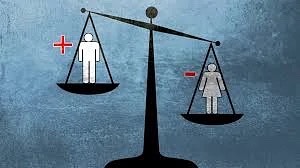
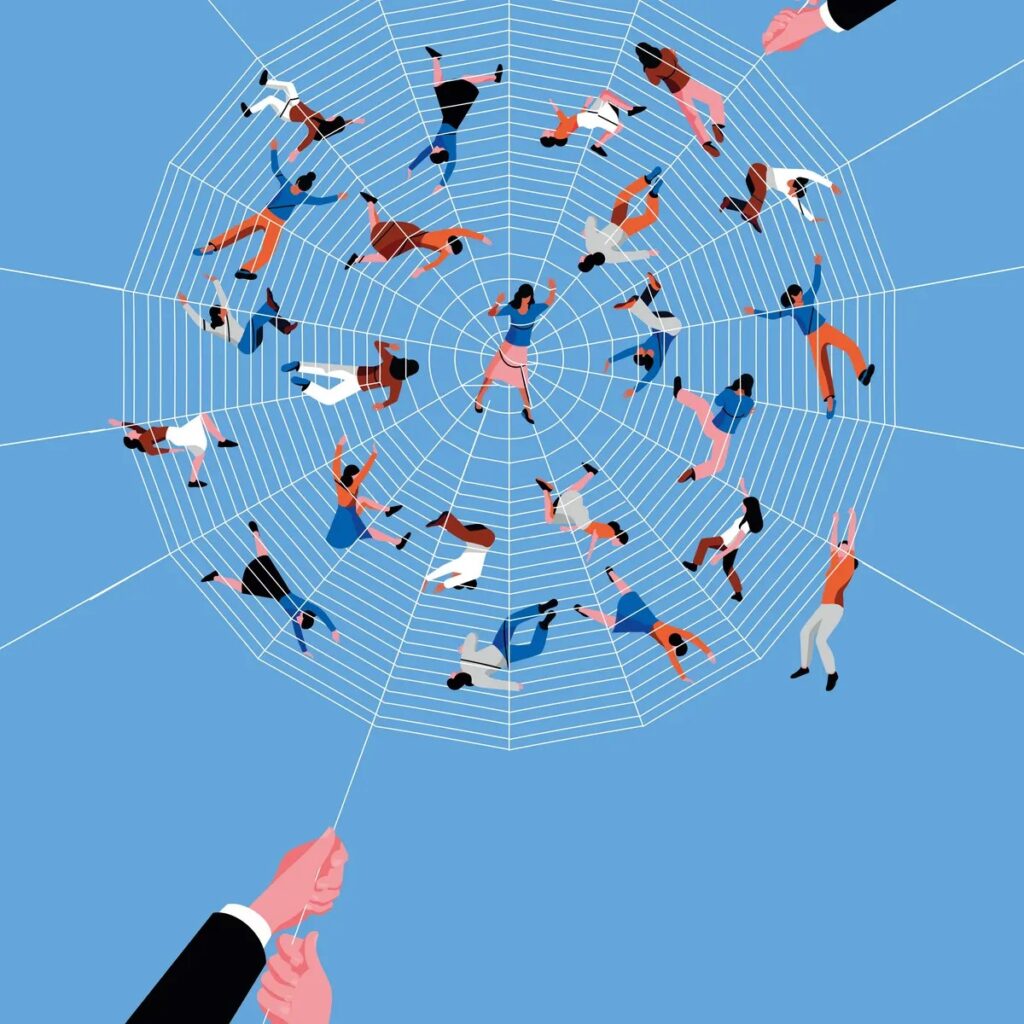
Sexism, gender, feminism
Every time I tell a male that I can drive they do not believe me and laugh disregarding my statement. Some male that I get a chance to drive around comment that I am a good drivier and are oddly surprised.

My brother in law was a stay at home dad once and for the amount of months that he was his friends would always laugh at him and say that his wife was the person who wore the pants in the relationship.

Reading the articles reminded me of a conversation I had with a friend. He was saying that in the news they were saying that many people have concerns about the new governor.
